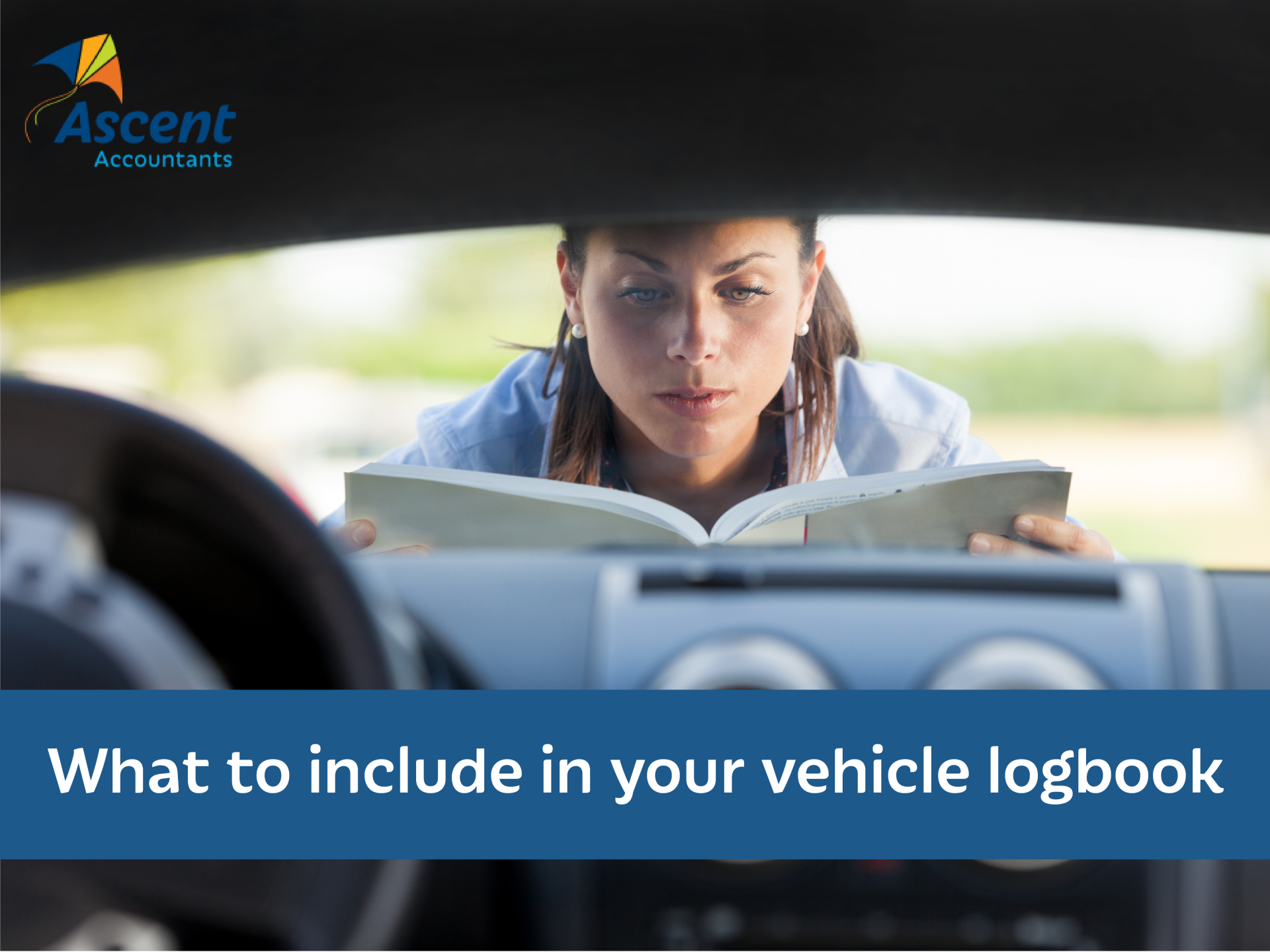What to include in your vehicle logbook

If you use a vehicle for work, a logbook is designed to assist you in substantiating your business usage of that vehicle so you can comply with one of two tax assessment acts. These are, the Income Tax Assessment Act (for individuals and partnerships) and the Fringe Benefits Tax Assessment Act (for Companies and Trusts). By completing a motor vehicle logbook, you’ll establish a sound base for calculating the business use of your motor vehicle in order to claim all the deductions that you are entitled to.
In your logbook, you must record four elements for each business-related journey:
1. The journey date.
2. The odometer reading at the start and end of the journey.
3. The kilometres travelled.
4. The purpose of the journey.
Starting at the beginning of the financial year, you’ll record all these details of your logbook. You aren’t required to do this for the entire year, just 12 consecutive weeks — ideally through July, August and September. This timeframe is used to determine a realistic average vehicle use throughout the year.
At the end of the 12-week period, add up your total business kilometres and record this figure on the last page of the logbook. At the end of the financial year, you’ll return the logbook to your tax accountant, along with any other related documentation they require. For example, claims for individuals and partnerships also require relevant receipts and car records.
Get your logbook here
At Ascent, we help Perth business owners manage and navigate business expenses, tax forms, business growth strategies, payroll, and heaps more — including motor vehicle logbooks. When you do business with us, we help your business do well. Talk to us about vehicle logbooks and we’ll get you sorted in time for the new financial year coming up in July.
Need help with your accounting?








